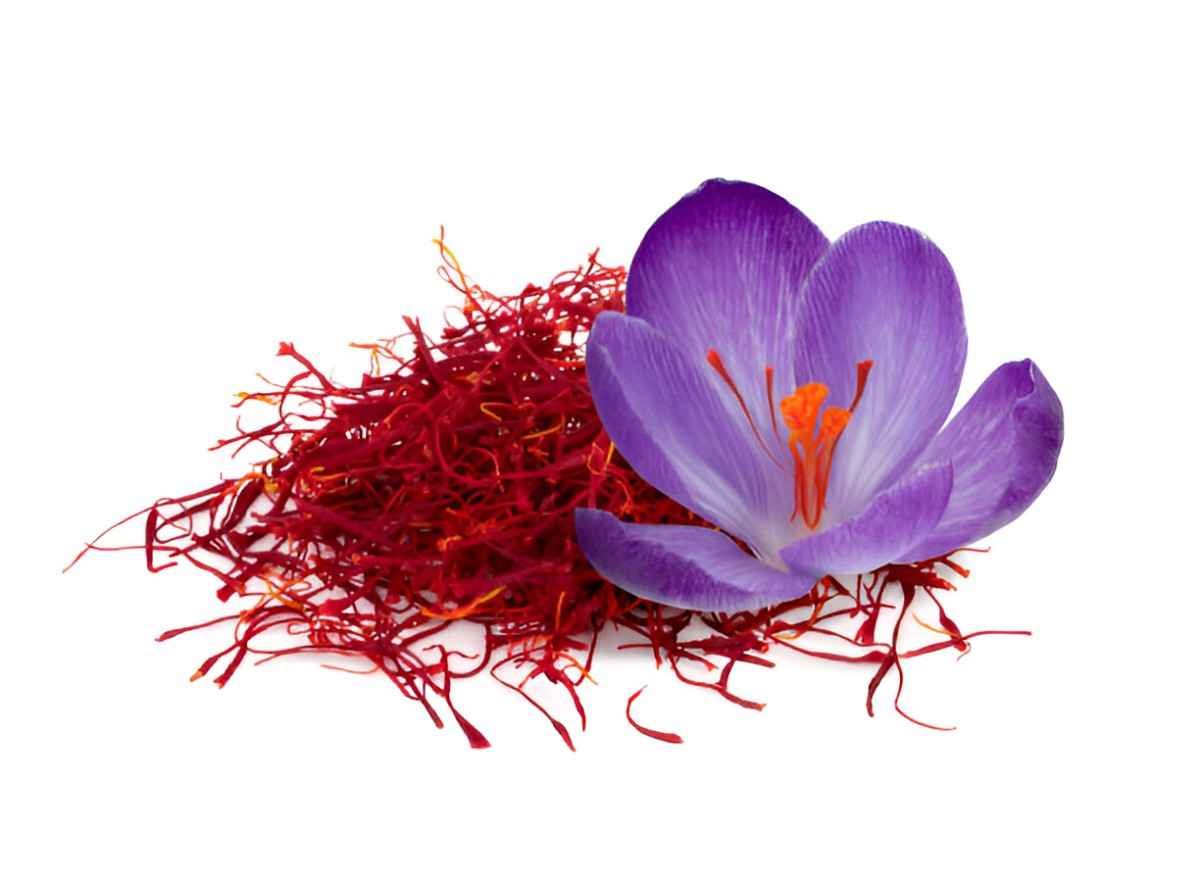Saffron, known as the “golden spice,” is derived from the flower of Crocus sativus plant and has been used for centuries in culinary and traditional medicine practices. Besides imparting a unique flavor and vibrant color to dishes, saffron offers a wide array of health benefits. In this article, we delve into its nutritional values, key health benefits, potential therapeutic uses, cautions, ways to incorporate it into your diet, and other relevant information.
Summary Table
| Aspect | Details |
|---|---|
| Nutritional Values | Rich in antioxidants, vitamins, minerals, and carotenoids |
| Key Health Benefits | Antioxidant properties, mood enhancement, cognitive support, eye health |
| Potential Therapeutic Uses | PMS relief, sleep disorders |
| Cautions | Allergic reactions, pregnancy concerns |
| Incorporating into Diet | Add to rice dishes, soups, stews, baked goods, beverages |
Nutritional Values
Saffron is prized for its potent compounds, including crocin, safranal, and picrocrocin, which contribute to its distinct flavor and aroma. While saffron is not a significant source of macronutrients, it contains various vitamins, minerals, and antioxidants, such as vitamin C, vitamin A, potassium, manganese, and carotenoids.
Key Health Benefits
- Antioxidant Properties: Saffron is rich in antioxidants, including crocin and crocetin, which help neutralize free radicals and protect cells from oxidative stress. These antioxidants may lower the risk of chronic diseases, including cardiovascular disorders and certain cancers.
- Mood Enhancement: Saffron has been traditionally used to improve mood and alleviate symptoms of mild to moderate depression. Studies suggest that saffron compounds, such as safranal, may enhance serotonin levels in the brain, promoting feelings of happiness and well-being.
- Cognitive Support: Some research indicates that saffron may support cognitive function and memory due to its antioxidant and anti-inflammatory properties. Regular consumption of saffron may help protect against age-related cognitive decline and improve overall brain health.
- Eye Health: Saffron contains carotenoids like crocin and crocetin, which have been linked to eye health benefits. These compounds may protect the retina from oxidative damage, reduce the risk of age-related macular degeneration, and promote overall eye health.
Potential Therapeutic Uses
In addition to its general health benefits, saffron has been studied for its potential therapeutic uses in various health conditions, including:
- Premenstrual Syndrome (PMS): Some studies suggest that saffron supplementation may help alleviate symptoms of PMS, such as mood swings, irritability, and fatigue, due to its mood-enhancing properties.
- Sleep Disorders: Saffron has been investigated for its potential to improve sleep quality and duration. Its calming effects on the nervous system may promote relaxation and aid in better sleep.
Cautions
While saffron is generally safe for most people when consumed in culinary amounts, excessive intake or supplementation may lead to adverse effects, including:
- Allergic Reactions: Some individuals may experience allergic reactions to saffron, such as itching, rash, or difficulty breathing. If you have a known allergy to plants in the Iridaceae family, such as tulips or lilies, you may be more susceptible to saffron allergies.
- Pregnancy Concerns: Pregnant women should avoid consuming large amounts of saffron, as it may stimulate uterine contractions and potentially lead to complications. It’s best to consult with a healthcare professional before using saffron during pregnancy.
Incorporating Saffron into Your Diet
Saffron can be incorporated into a variety of dishes to add flavor, color, and nutritional benefits. Here are some ways to use saffron in your cooking:
- Rice Dishes: Add saffron threads to rice dishes such as paella, biryani, or risotto for a vibrant color and aromatic flavor.
- Soups and Stews: Enhance the flavor of soups, stews, and broths by infusing them with saffron threads during cooking.
- Baked Goods: Use ground saffron powder to flavor baked goods like cakes, cookies, and bread for a unique twist.
- Beverages: Make saffron-infused teas, lattes, or cocktails by steeping saffron threads in hot water or milk and adding sweeteners or spices to taste.
Saffron is not only prized for its culinary value but also for its potential health benefits. Rich in antioxidants and bioactive compounds, saffron may support mood, cognition, eye health, and overall well-being. However, it’s essential to use saffron in moderation and be mindful of potential allergies and contraindications.





